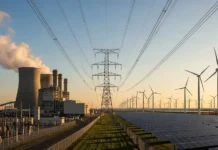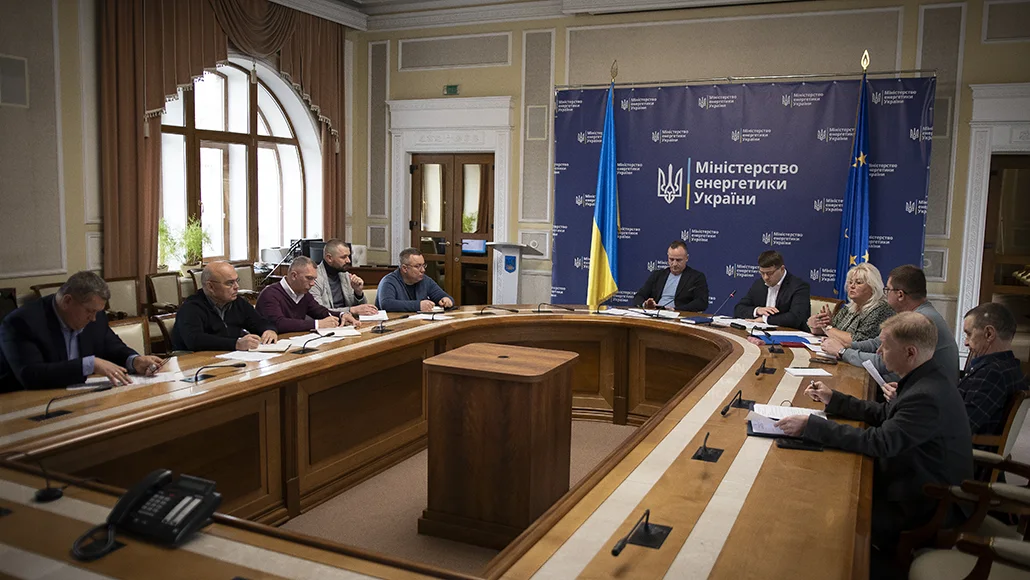A new draft law has been introduced, and a working group has convened to prepare an action plan for bringing small modular reactors (SMRs) to Ukraine.
First Deputy Minister of Energy of Ukraine Artem Nekrasov underscored the importance of nuclear energy for the country. “During war, nuclear energy plays an extremely important role, as it remains the basis of the stability of the energy system. At the same time, we see that the world is experiencing a real renaissance of nuclear energy as a source of clean, safe and sustainable energy, which plays a key role in the transition to carbon-free energy for Ukraine.”
He said the roadmap for SMR deployment is meant to build the “institutional and technical foundations” needed to launch Ukraine’s first SMR projects. The draft law, which has already been submitted to the Verkhovna Rada, “creates a legal framework for attracting private investment and simplifying design and construction procedures. Combined with our Roadmap, this document will become a practical tool for implementing Ukraine’s energy strategy for the period up to 2050”, Nekrasov said.
The goal, he added, is to “create a basis for attracting investors, donors and technological partners and form mechanisms for communication with society at the level of future reactor locations”.
The roadmap for SMR deployment will draw on international best practice, assess risks, and identify potential sites and financing options. It also proposes allowing private owners to select reactor technology and operators from among those licensed by the national nuclear regulator. Another suggested change is to drop the current rule that requires developers to submit three alternative sites for an SMR project.
The presentation noted that all nuclear fuel in Ukraine is currently state-owned, meaning private investors have no ownership rights over the assets. It described this as “a key barrier to attracting private capital”. The proposal aims to fix that by allowing private ownership of SMR fuel, while the state would retain control over radioactive waste management and repositories.
Next steps include accelerating and aligning the regulatory and licensing process with international standards, as well as setting up dedicated financing mechanisms.
Ukraine is already cooperating with the US through the FIRST Program to assess where SMRs could be deployed, such as at decommissioned thermal power plants, in industrial areas, or for industrial applications.
The Committee on Energy and Housing and Communal Services of Ukraine’s parliament, the Verkhovna Rada, recently held a presentation on the draft Amendments to Certain Laws of Ukraine Regarding the Principles of Implementing Small Modular Reactors. The session brought together officials from Energoatom, regulators, and representatives from the UK, USA, France, and the European Union.
Anatoliy Kostyukh, Chairman of the Subcommittee on Nuclear Energy and Nuclear Safety, presented the bill, saying it would lay the groundwork for SMR projects, attract private capital, help rebuild energy infrastructure, cut reliance on gas and coal imports, and strengthen Ukraine’s integration into the EU energy market.
Ukraine, one of the world’s major nuclear energy producers, already has plans for a new generation of large reactors. In July, Energoatom and Holtec International signed an agreement outlining cooperation to establish a plant in Ukraine that will produce components for Holtec’s small modular reactors. Up to 20 SMRs could eventually be built and operated across the country.










































